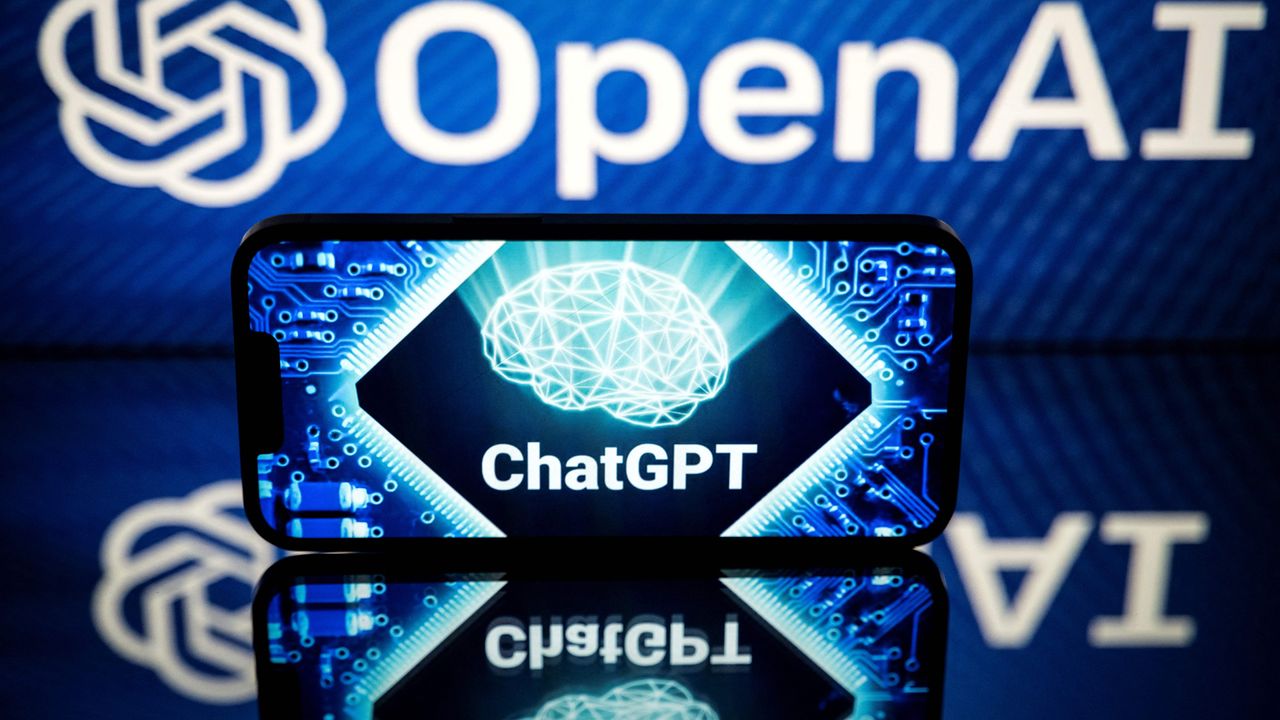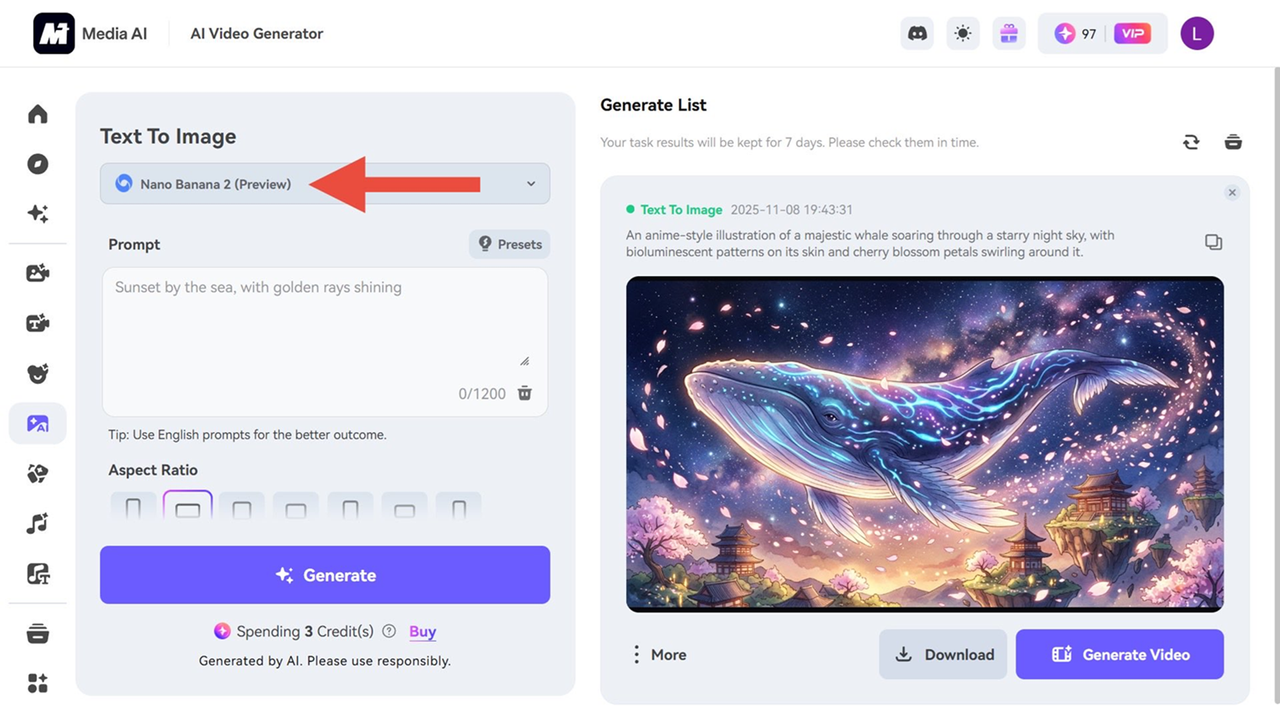
Samsung Introduces Vision AI Companion, a Generative AI-Powered Bixby for 2025 TVs
Samsung is rolling out Vision AI Companion, an upgraded, generative‑AI version of its Bixby assistant, across its 2025 television lineup. The feature lets users ask natural‑language questions about on‑screen content and receive visual answers, while also offering recommendations, cooking tips, travel advice, and local restaurant suggestions. Powered by a mix of Microsoft Copilot, Perplexity and other models, it supports ten languages and integrates with Samsung’s broader AI ecosystem, including picture‑optimization and real‑time translation tools. The rollout follows an IFA debut in September and reflects Samsung’s strategy to anchor AI experiences in its smart‑TV platform.










